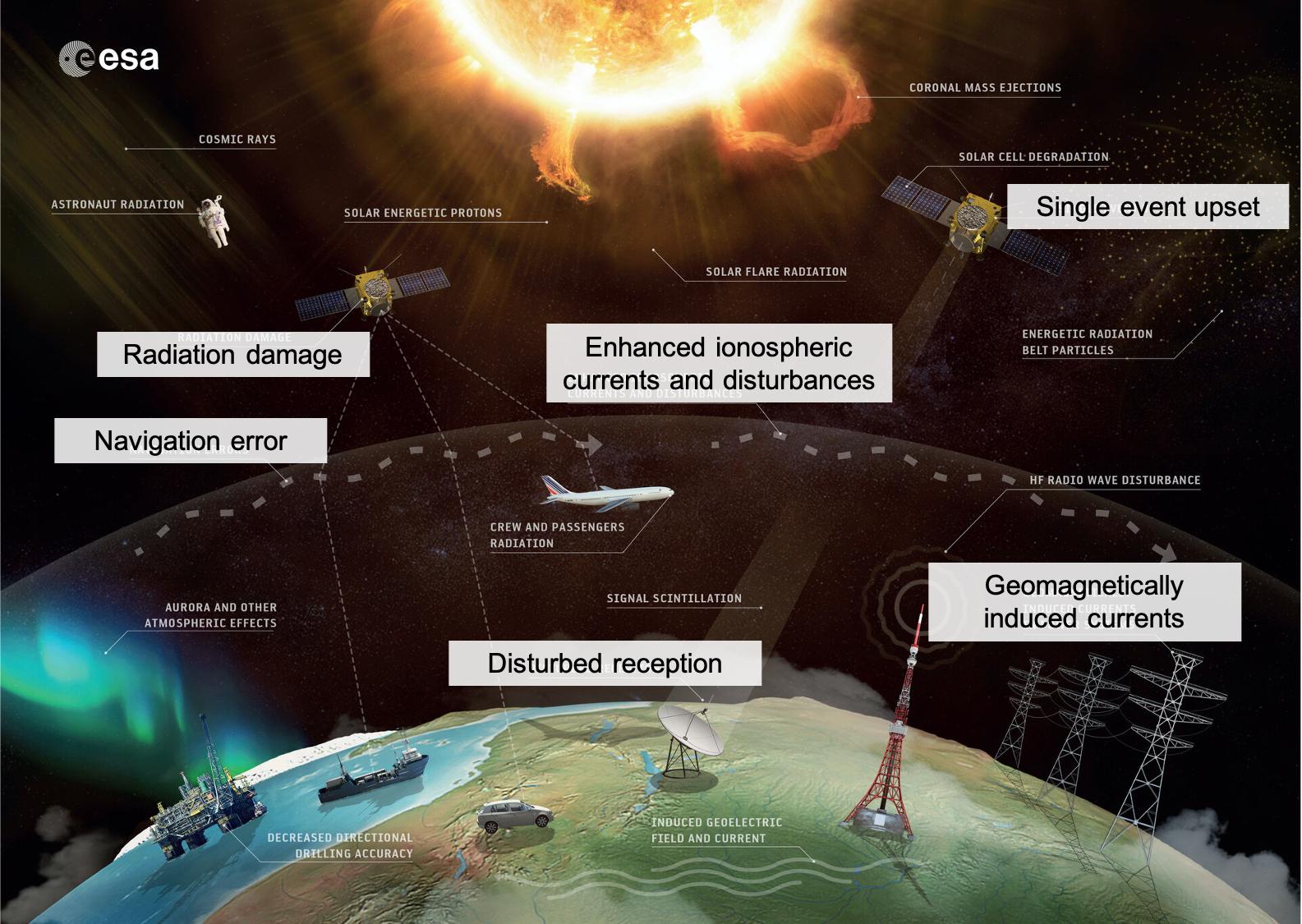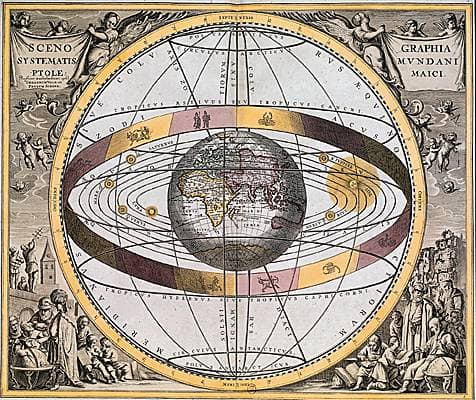The first astronomical databases (700 BC – 100 BC): Babylonian systems and Hipparcus’ works
le 8 novembre 2024, 10h45 à 12h45, Guillaume Loizelet, salle Jules Verne, OMP, site Belin
Resumé: It is not possible to develop a mathematical model without a reliable and consistent database.
In this session, I will first detail the cultural context that led the Babylonian « astronomers » to establish formidable data collections in the form of clay tablets. Then I will briefly present the so-called System A and System B developed during the second half of the first millennium BC to account for the a priori erratic movements of the five planets observable with the naked eye.
Finally, I will conclude this session with a presentation of what is known about the work of Hipparchus, and in particular his catalogue of fixed stars.






